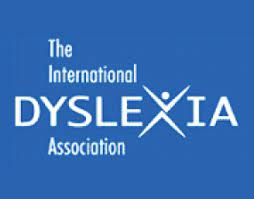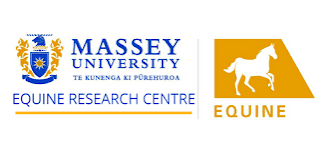“Loneliness does not come from having no people about one, but from being unable to communicate the things that seem important to oneself, or from holding certain views which others find inadmissible.” Carl Jung
Suri Charles
Luqman Michel You’ve mentioned that the children you came across and/or worked with couldn’t read because they 'shut down,' yet you also stated that you taught 80 dyslexic children from 2004 to 2019.
1. How do you reconcile these two positions?
2. Are you suggesting that these 80 children had both emotional or psychological shutdowns as well as dyslexia, or were they misdiagnosed as dyslexic?




